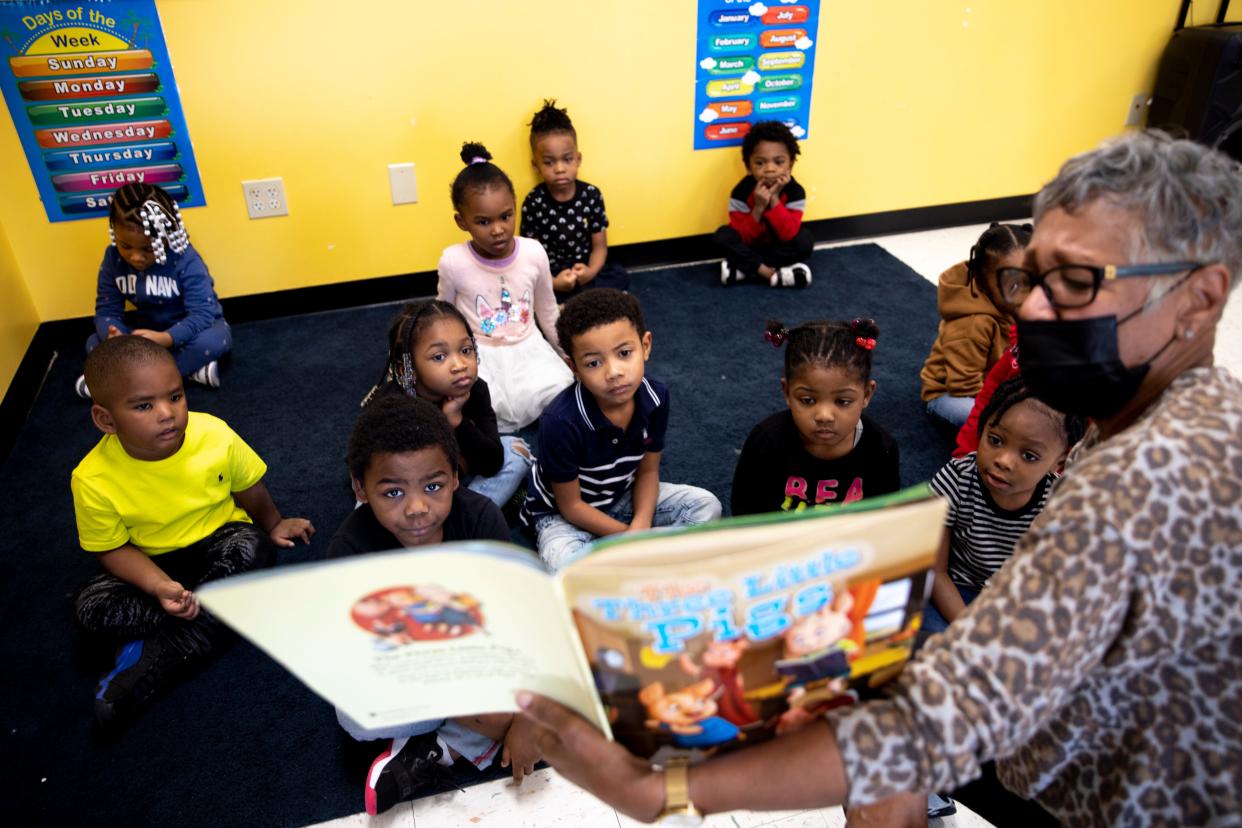Opinion: School readiness about so much more than standardized tests

The future economic, scientific and social wellbeing of our nation is being shaped right now in early childhood classrooms around our country. It’s hard to overestimate the importance of supporting those programs.
But the programs need to be high quality. Recent research suggests that, otherwise, they could be doing more harm than good.
A team from Vanderbilt University led by Dale Farran followed children in Tennessee, comparing those who had attended preschools and those who didn’t. In her research study, the positive effects of the programs quickly diminished – and even became, in the long-term, negative.
While it is tempting for some pundits and, unfortunately, some policymakers to use this research to argue against the funding for early childhood education, Farran – who was quoted by David Kirp in a recent op-ed in The New York Times – is the first to condemn such misguided conclusions. In her recent visit with our staff and other early childhood thought leaders in Greater Cincinnati, she shared her insights from extensive observations in early childhood classrooms.
She identified a real disconnect between what we know about how young children learn, and what policymakers, schools and some parents, think teachers should teach.
Ideally, we should assess school readiness not by the quantity of letters and numbers learned, but by the quality of acquired dispositions to learn. Curiosity, perseverance, attentional focus, planning, problem-solving, and love of learning should be the markers of early education quality rather than misinterpreting the results of drills with the acquisition of skills.
How did this disconnect between learning and teaching in the early years develop? Perhaps it was the confounding of accountability with "countability." We heartily agree that accountability should be a cornerstone of teaching at all education levels. But that doesn’t mean focusing on standardized test results.
Representatives of the Southwest Ohio Association for the Education of Young Children echoed Farran’s conclusions. "The recent research findings from Vanderbilt University provide strong support for ongoing reflection on how we design and operate early learning classrooms. These new findings indicate, alongside the rich history of developmental science, that there is additional work to be done in order to deliver on the promise of early childhood. We need to ensure early childhood systems recognize the importance of delivering child-centered, play-based, equitable experiences to young children and support early childhood professionals accordingly."

The more administrators rely on standardized measures of school readiness, the more tempting it is to teach to the test. But the work of Darcia Narvaez and other neuroscientists remind us that for us humans, our brain and resulting life cycle are not programmed or preformed. Rather they are "constructed" by early experience.
The engagement of adults and children in touch, play, language and love in the early years are related to wellbeing and moral capacities in adulthood. Our policies, practices and parenting should serve the creation of what Narvaez calls the evolved developmental niche. It is this developmental niche in homes and early childhood centers where children love to learn and learn to love.
Unfortunately, as Dana Suskind has shown in her newly published book, "Parent Nation," our public policies, professional practice and practical parenting do not support an optimal developmental niche. While our culture of rugged individualism generates individual wealth, it can come at the expense of personal physical and emotional health. We urge everyone, especially parents, to join Suskind’s Parent Nation Initiative to help create a society that invests in families to give them the supports they need.
We encourage all of our early education colleagues to mobilize to create environments and teaching practices driven by how we know young children acquire knowledge, not by items on a standardized test. It’s the children who leave us with the seeds of competence, confidence and compassion who succeed in school and in life.
Shannon Starkey-Taylor is chief executive officer of Learning Grove, a Covington-based nonprofit serving children, youth and families in Greater Cincinnati and Northern Kentucky. Spanning from "cradle to career," Learning Grove’s services include 16 five-star rated early childhood education centers, before- and after-school care, and programs to empower and prepare students for post-secondary success and workforce readiness.

This article originally appeared on Cincinnati Enquirer: Opinion: School readiness about so much more than standardized tests

